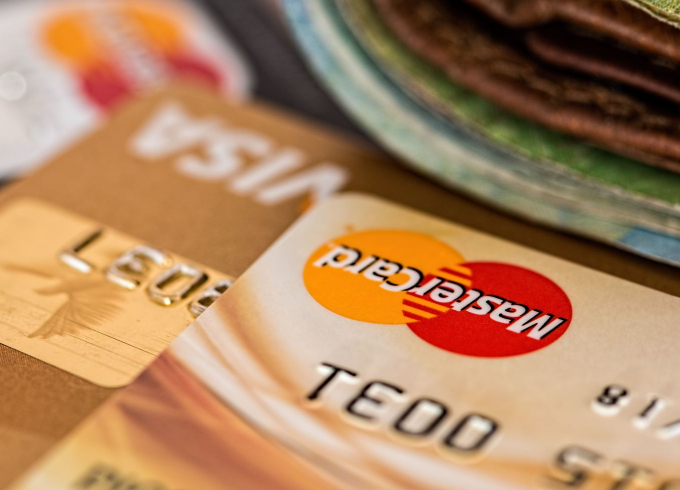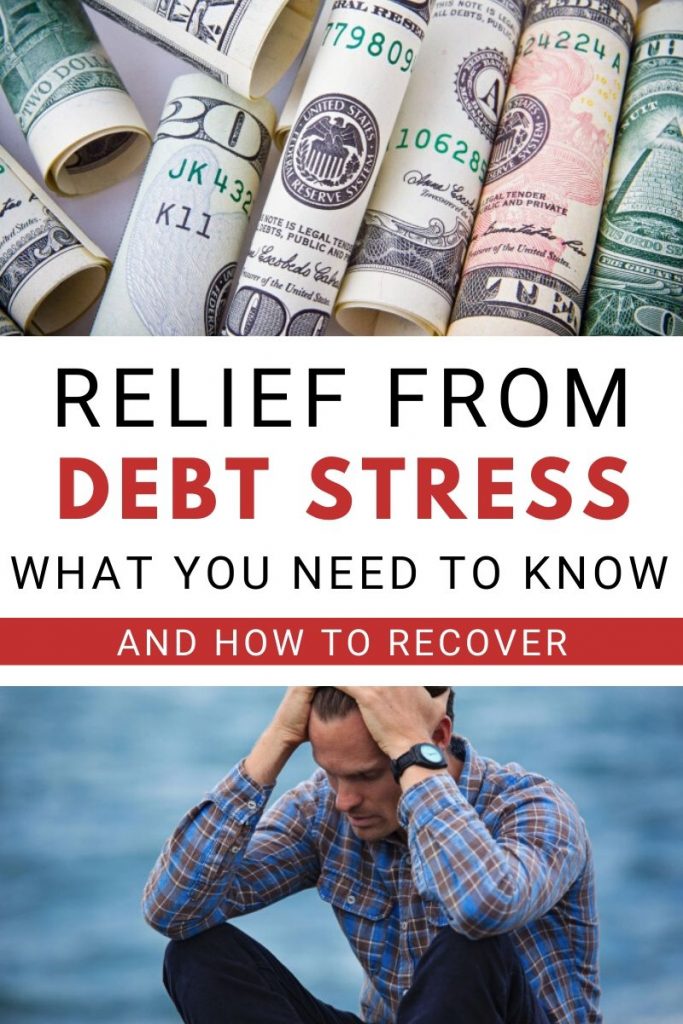Money can be a major source of stress, anxiety, and outright fear. The relationship is obvious when you’ve fallen behind on bills and started receiving calls from collectors. The fear appears when you’re unsure how you’ll pay the rent or car payment if you pay what collectors are demanding.
Or you may feel trapped and helpless as your finances and debt load seems to spiral out of control. However, it doesn’t have to be this way. Here’s how to get relief from debt stress and anxiety.
Recognize the Impact the Financial Strain Poses
Sleepless nights don’t just leave you tired in the morning. They contribute to high blood pressure and an increased risk of cardiovascular disease. Prolonged stress increases your odds of diabetes, obesity and a compromised immune system. It can contribute to drug and alcohol abuse as a way to cope with stress. In other cases, financial stress triggers anxiety attacks and contributes to depression. It can also make your financial situation worse, such as when you go shopping to feel better, if only for a little while.
When you realize the real harm financial stress and anxiety causes you, you may be more willing to face the root cause head on – your finances. And only then can you do what needs to be done.
Face the Financial Problem Head On
Be honest about how much you make versus the bills you have to pay. Total up all of your debts so that you know exactly what you owe and to whom. Be honest with your partner and children about the financial situation you’re in. You may find that the total debt is less than you expect and that your family is supportive when you ask them to help you cut costs to regain control of your finances.
And don’t be afraid to look at your credit report either. You’re entitled to a free copy of your credit report from the three credit bureaus – Experian, TransUnion, and Equifax – once a year. A lot of people think that it will only make matters worse, but you could actually find out that some of your debt has passed the statute of limitations, or that there are mistakes that might be affecting your credit score.
Create a Plan to Repay the Debt
Create a budget determining where every dollar will go. Ensure that you can cover essentials like rent, utilities, and food in addition to at least minimum payments on your debt. All money left over should be allocated to paying down the debts.
Create a list of your debts in order of priority. Some people prioritize the smallest debts so that they get the thrill of a quick win. Others prioritize the highest interest debt because this saves them the most money over the long term. Once a debt is paid off, allocate that money to the next debt on your priority list.
Try to Settle Your Debts
Debt collectors may be the source of most of your financial stress. This is because some agencies use questionable practices like sending threatening letters to you and/or everyone associated with you in the hope of shaming you into paying. In other cases, they send the debt collection letter to everyone with the same name in the attempt to trace down the person who owes the debt. This is why you should always request proof that the debt is actually yours. If they can’t prove it is actually you who owes the debt, you can contact the credit bureaus to have it removed. If the debt is yours, you can request a settlement in full, with the debt removed from your credit report.
Either way, this should end their collection efforts and the associated stress. You should also check your credit report and challenge incorrect entries.
Take Care of Yourself
Self care is extremely important. Take the time to take care of yourself. This may be harder to do because you’re on a budget, but it is possible. Ensure that you get enough sleep each night. Try working out to burn off stress or going for romantic walks with your partner. Eat healthily. If this isn’t enough, talk to a counselor to explore your options. And this can include a financial advisor.
Conclusion
Debt and stress often go hand in hand, and they can fuel each other. However, there are ways to break the cycle, get control, and eventually reduce the toll both have on you and your family.





